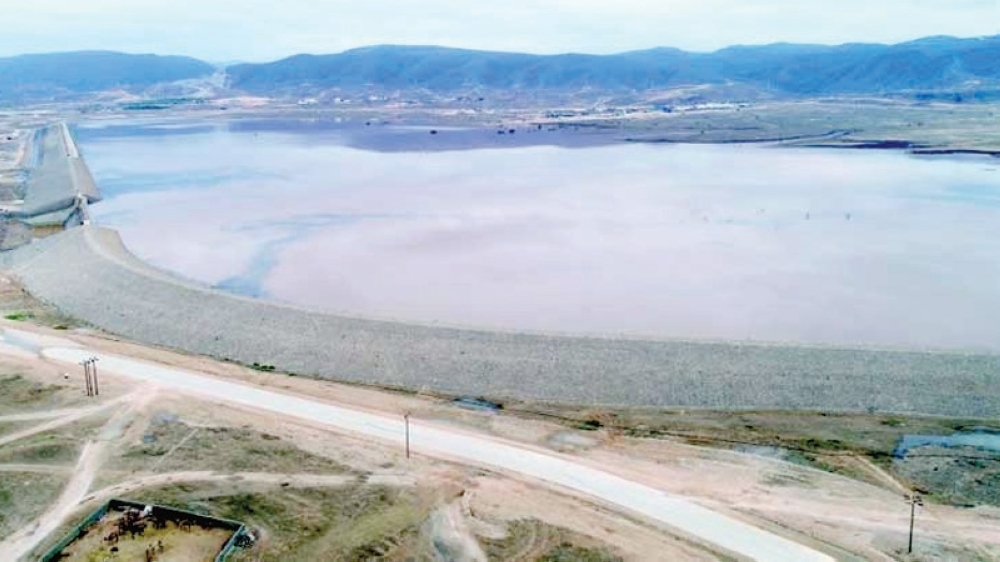

Even as many countries will probably face water stress in the coming years, the Sultanate of Oman is among the Arab countries least at risk of depleting freshwater.
This is revealed in a new classification in a report on Arab countries most vulnerable to the dangers of depleting freshwater resources forever issued by the Arab Gulf Centre for Studies and Research in Kuwait.
“The Sultanate of Oman ranked nineteenth, Somalia ranked twentieth, and Comoros came at the bottom of the ranking, and the last three countries were ranked as the least Arab countries facing the dangers of running out of fresh water,” the report said.
In the Sultanate of Oman, groundwater accounts for roughly 78 per cent of the water supply. Most are renewable in nature, being recharged annually by rainfall or through surface water infiltration. Non-renewable groundwater exists in the interior regions in the Al Najd, Al Masarat and Rimal Al Sharqiya.
At the same time, desalinated water accounts for the next highest share of water supply, about 15 per cent. Currently, there are nearly 100 desalination plants in the Sultanate of Oman with roughly a 50-50 split regarding seawater or brackish water as the feedstock.
Surface water accounts for about 6 per cent of the total water supply. The annual average wadi flow is estimated at 211 million m3. While average rainfall is estimated at 9.5 billion m3 per year, about 80 per cent of this precipitation evaporates.
According to the report, which was based on the study of different research and statistical sources in each Arab country, Palestine topped the list of Arab countries threatened with freshwater depletion.
“Various indicators reveal the increased exposure of Palestinian environmental resources to stress, especially at the level of shrinking freshwater reserves,” the report points out.
Qatar ranked as the second most Arab country facing the dangers of depleting fresh groundwater, followed by Jordan in third place, Lebanon in fourth place, Egypt in fifth place and Kuwait in sixth position.
The UAE ranked seventh, while Libya ranked eighth, Bahrain ranked ninth, Syria ranked tenth, Mauritania ranked eleventh, Tunisia ranked twelfth, Algeria ranked thirteenth, followed by Morocco in the fourteenth place.
Sudan ranked fifteenth, Saudi Arabia ranked sixteenth, Yemen ranked seventeenth and Iraq ranked eighteenth.
The Middle East region depends heavily upon groundwater and desalinated seawater and faces exceptional water-related challenges for the foreseeable future.
Oman Observer is now on the WhatsApp channel. Click here



